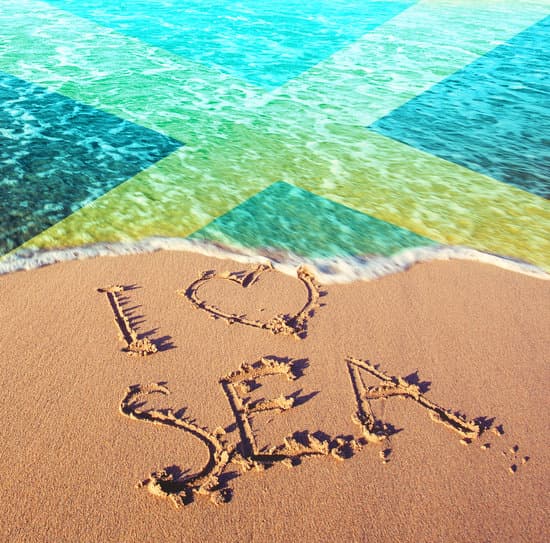Are you vacationing or living in Jamaica during hurricane season? If so, it’s important to understand the potential risks and how to prepare for them. In this blog post, we’ll provide some information and advice on what to expect during a hurricane and how to stay safe if one does strike.
Introduction to Hurricane Season in Jamaica
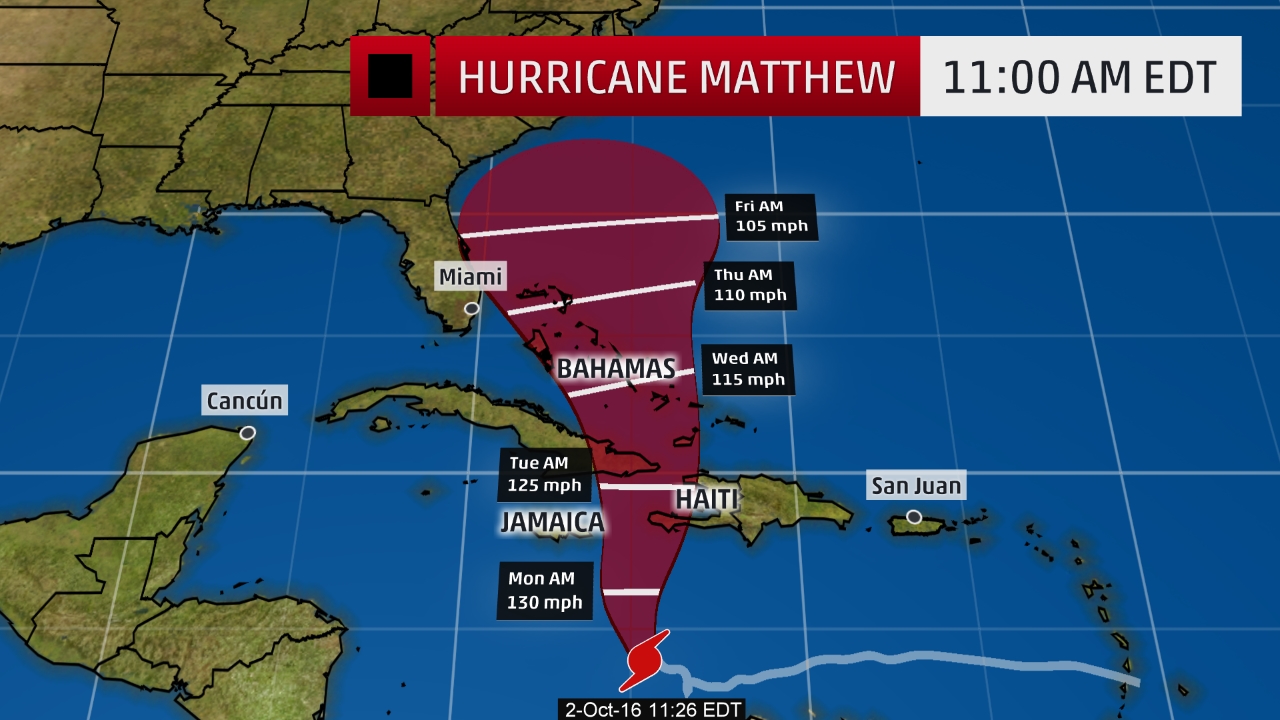
Hurricane season in Jamaica officially runs from June 1st to November 30th each year. During this time, the island can experience severe storms and even hurricanes. The peak months for a hurricane in Jamaica are August and September, although storms may occur outside of this period as well. Hurricanes can cause significant damage to property and infrastructure, so it is important to be prepared before the season begins. Jamaica is well equipped with warning systems and an extensive network of evacuation routes should a storm hit the island. Flights and room rates are usually at their lowest during hurricane season, but it is still important to consider all potential risks before travelling during this period. By understanding the risks associated with hurricane season in Jamaica and taking appropriate precautions, you can enjoy a safe trip to the island during this time of year.
Historical Context of Hurricanes in Jamaica
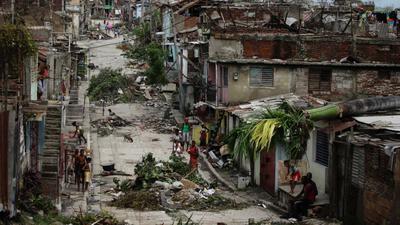
Jamaica is no stranger to hurricanes. The earliest reference to a hurricane in Jamaica dates back to 1559, when a powerful storm caused severe damage to the island’s infrastructure. In more recent years, Jamaica has experienced numerous storms that have impacted the country, such as Hurricane Ivan in 2004 and Hurricane Dean in 2007.
Fortunately, direct hits from hurricanes are uncommon in Jamaica. Historical data shows that a hurricane typically strikes the island once every year, with the season lasting from early June until late November. To prepare for potential hurricanes or tropical storms, Jamaica is equipped with adequate warning systems and evacuation protocols. However, even with these precautions it is important for people living on or visiting the island to be aware of potential danger and take all necessary safety measures during hurricane season.
Understanding the Science Behind Hurricanes
Hurricanes are an exciting and powerful force of nature. They form over warm tropical waters, gaining energy from these warm ocean waters, and can be destructive when they make landfall. The official hurricane season runs from June 1 to November 30 and is usually a rainy period for the Caribbean. Jamaica is no exception to this rule, with a history of hurricanes dating back as far as 1559, though direct hits are thankfully uncommon.
The National Oceanic and Atmospheric Administration (NOAA) predicts the 2022 hurricane season will bring 14 to 21 named storms (winds of 39 mph or higher), with 6 to 10 reaching hurricane strength (winds of 74 mph or higher). La Niña typically brings an increase in activity compared to El Niño’s counter-phase, which tends to decrease activity. Hurricanes have had a profound effect on the Caribbean region throughout its history, bringing destruction but also revitalizing nutrient supplies with their winds and waves. Coral reefs may even benefit from hurricanes since they help move sediment around bays into marsh areas.
It’s important to understand the science behind hurricanes so we can prepare for them appropriately and reduce their impact on our lives. With knowledge comes power – power to protect ourselves from nature’s wrath!
The Different Types of Storms and how they affect Jamaica

Hurricanes and tropical storms are a common occurrence in Jamaica during the Atlantic hurricane season, which runs from June 1st to November 30th. The chances of Jamaica getting hit by a major hurricane are quite slim, but there is still a risk of being affected by one. During this time of year, various tropical storms can bring heavy rain and strong winds to the island. In the past, Jamaica has experienced Category 3 and 4 hurricanes such as Hurricane Ivan (2004), Hurricane Dean (2007), and Tropical Storm Sandy (2012). Jamaicans should take precautions when it comes to preparing for these events by making sure their homes are secure, stocking up on supplies needed for survival, and having an evacuation plan in place. Additionally, those living in areas prone to flooding should be aware of possible dangers that come with rising water levels. By understanding how different types of storms affect Jamaica and taking the necessary measures beforehand, residents can stay safe during hurricane season.
Preparing for a Hurricane: What You Need to Know
Preparing for a hurricane season can be a daunting task. Here are some important tips to keep in mind when it comes to preparing for a hurricane:
1. Stay informed and up-to-date. Pay attention to local weather reports and warnings so you know what’s coming and when. Make sure you have access to an emergency radio or other means of staying updated on changing weather conditions.
2. Check your home for any damage that may need repair before the storm hits, such as loose roof tiles, damaged windows, or missing shutters.
3. Trim trees and shrubs around your home to reduce the chances of them falling over during the storm.
4. Create an emergency kit with essentials such as food, water, flashlights, batteries, first aid supplies, etc., in case you need to shelter in place during the storm.
5. Have extra cash on hand in case of power outages that would prevent you from using ATMs or credit cards at stores or restaurants during the storm/aftermath period.
6. Prepare an evacuation plan that includes where you will go if asked to evacuate by authorities and how you will get there (e.g., carpooling). Have a list of contacts handy including family members out of town who could provide shelter if necessary; hotels; shelters; etc., so that you can quickly get out of harm’s way if necessary without having to search for resources yourself while under duress from the elements outside your door/window/roof!
Evacuation Plans for Residents and Visitors
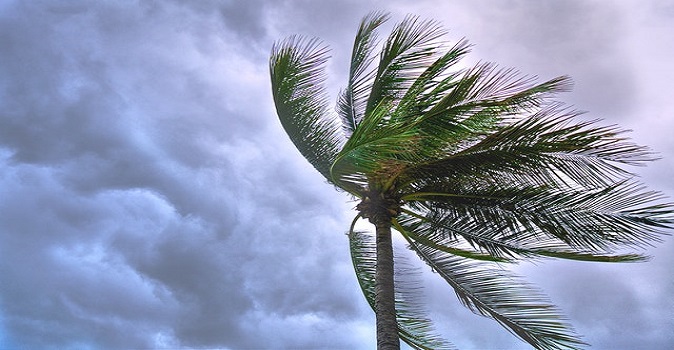
During hurricane season, it is important for all residents and visitors to Jamaica to be familiar with evacuation plans. Preparation is key to staying safe during a hurricane. Make sure that you have a plan of action in place and that you are familiar with the steps required to evacuate safely.
US citizens should make sure their passports are valid through the end of hurricane season, as some countries may require valid passports even during an emergency evacuation process. It’s also important to check the roof of your house, as well as hurricane shutters, hooks and latches for any damage or wear that needs repair before the start of the season.
If you’re planning a vacation in Jamaica during this time, it’s important to be aware of emergency procedures put in place by local authorities in case of an impending storm. Make sure you know your evacuation route beforehand and where you will go if an order is issued. It’s also advisable to have supplies on hand such as non-perishable food items, bottled water, flashlights and batteries in case of power outages or if you need to shelter-in-place during a storm warning.
Finally, don’t forget about insurance! Make sure your trip is covered by travel insurance so that any impacted plans can be addressed quickly and easily with help from your insurer should they need it.
How to Stay Safe During a Hurricane
Hurricanes can be a serious threat to Jamaica and its citizens. Before, during, and after hurricane season, it is important to take the proper steps to ensure your safety.
First off, it is important to check on emergency items such as water, boots, raincoats, flashlights and batteries, battery-powered radios, hurricane lamps and matches. Additionally, ensure that your house is prepared for a hurricane by installing hooks and latches or hurricane shutters if necessary.
It is important to stay up-to-date on local advice regarding the current hurricane season. Be aware of evacuation plans in case a strong storm hits your area. Additionally, always have an emergency food supply bag in case you need to evacuate quickly.
When making vacation plans during the hurricane season it may be wise to purchase travel insurance in case of any natural disasters which could potentially interfere with your itinerary. Finally, keep an eye on weather conditions as you approach your travel dates as this could help prevent any potential disruptions due to hurricanes or other storms.
Tips for Minimizing Damage from Hurricanes
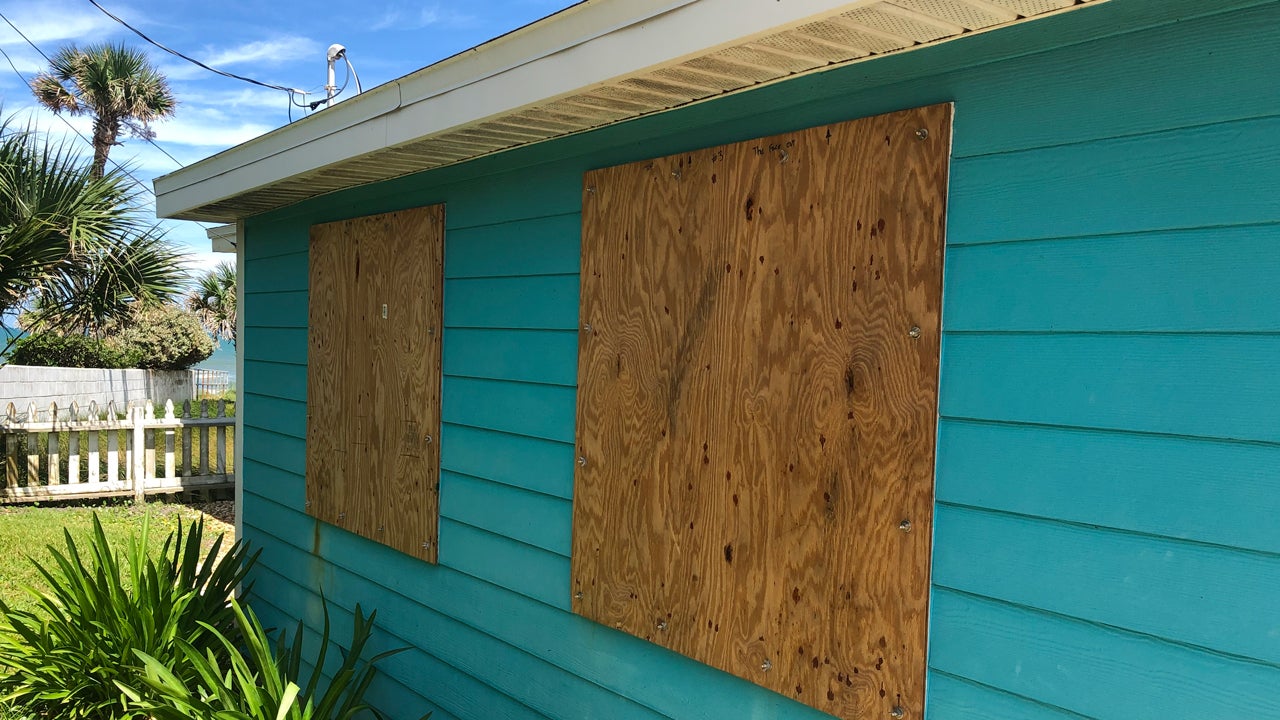
Hurricanes can cause a lot of destruction and damage to homes, businesses, and communities. It is important to be prepared for these natural disasters and know what steps you can take before, during, and after a hurricane to minimize the impact.
Before:
• Secure your property by trimming trees near buildings or electrical lines as well as picking any fruits off of trees that could be carried away by high winds.
• Repair any damaged roofs, windows or doors before hurricane season starts so that they are more likely to withstand the storm.
• Stock up on enough water, non-perishable food items, battery-operated radios and batteries to last a few days in case of an evacuation.
• Know the risks associated with hurricanes such as flooding, high winds and tornadoes so that you can prepare accordingly.
• Follow local advice if an evacuation order is issued in your area.
During:
• Stay indoors until it is safe to go outside as flying debris can be very dangerous during a hurricane.
• Be aware of any potential flooding in your area so you know how much time you have to evacuate if necessary.
After:
• Listen to official instructions from local authorities about returning home safely after the storm has passed.
• Inspect your home for any structural damage caused by the hurricane before re-entering it.
• Don’t attempt to drive through flooded areas as roads may have been washed away or damaged by the storm surge which could cause serious injury or death if you drive through it without knowing what lies beneath the water’s surface.
Insurance Options for Property Owners in Jamaica
Jamaica is no stranger to hurricanes, so it is important for property owners to have adequate insurance coverage in case of a natural disaster. Insurance can protect your home and belongings from catastrophic perils such as hurricane, windstorm and earthquake. IronRock Insurance Company said property insurance rates are expected to stay stable or dip next year despite predictions of an active hurricane season.
Before the start of hurricane season, make sure your home is properly maintained and that your insurance coverage is up-to-date. There are several options available for property owners in Jamaica, including basic homeowner’s insurance which covers medical emergencies and motor insurance plans which cover the risk of damage caused by storms. It is also important to make sure you have enough coverage to handle possible losses due to the storm.
For those who aren’t yet homeowners, it’s still possible to insure valuable assets such as paintings, jewellery and furniture with specialized policies. Make sure you’re prepared for the upcoming 2021 hurricane season with a comprehensive plan from a trusted insurance company like IronRock Insurance Company.
Clean Up After a Storm Hits Jamaica
Clean up after a storm in Jamaica can be a daunting task. From fallen trees to debris blocking roads, heavy winds and flooding can leave the island country with a lot of mess to clear up. It’s essential for the safety and wellbeing of everyone that the clean-up process is done efficiently and safely.
Before a storm hits, it’s important to check your roof thoroughly for any potential damage or loose tiles. Also, switch off your electricity from the main switch 24 hours before the storm is expected to hit as this will help protect against any potential power outages.
During a storm, stay indoors and away from windows. Make sure you have plenty of emergency supplies at hand including food, water and first aid supplies which should last you at least 3 days after the impact of the hurricane has passed.
Once it’s safe to go outside again, start clearing up any debris that may be blocking roads or pathways. For more extensive clean-up operations such as clearing fallen trees and repairing damaged roofs, seek professional help where necessary for safety reasons.
The government of Jamaica will usually issue tropical storm warnings before hurricanes hit so keep an eye on local news outlets for further information about weather conditions in your area during hurricane season (June 1st – November 30th). Cleaning up after storms can be difficult but with careful preparation beforehand it can be easier to handle when they do hit Jamaica!
Government Assistance After a Storm Hits Jamaica

The Government of Jamaica is committed to providing assistance to its citizens in the event of a major storm or hurricane. In the aftermath of a storm, the government provides aid in the form of supplies, financial assistance, and other forms of support. USAID/OFDA is prepared to provide relief supplies from its regional warehouse in Miami and work with non-governmental partners to deliver assistance. The Salvation Army has been distributing food, while USAID has provided $573,000 in assistance overall.
The official hurricane season in Jamaica runs from June 1st to November 30th each year. During this period an average of ten tropical storms occur, making it important for people living in Jamaica to be prepared and stay informed throughout the season. The Government of Jamaica also sends teams to neighboring islands that have been impacted by storms or hurricanes in order to provide support where needed.
It is essential for those living in Jamaica during hurricane season to take all necessary precautions and stay alert for updates from their local authorities regarding safety measures before, during and after a storm hits. With proper preparation and access to reliable sources of information, Jamaicans can ensure they are ready for whatever Mother Nature might bring during hurricane season.
Resources Available from Nonprofits After the Storm
When a hurricane strikes Jamaica, it can be devastating. The destruction of homes and businesses, displacement of people and animals, and the need for recovery resources can seem overwhelming. Fortunately, there are several nonprofits that offer assistance to those affected by storms in Jamaica.
The Salvation Army is one such organization. They provide food distribution after a storm as well as pre-positioned hurricane preparedness packs and modules to help communities replenish their supplies. Direct Relief has also pre-positioned seven Hurricane Preparedness Packs in Jamaica and Haiti which contain items such as medical supplies, hygiene kits, and clean water containers.
Before a storm hits, it is important to prepare your home by checking roofs for any damage or weak points that could cause leakages during heavy rains or high winds. Additionally, it is important to have an emergency plan in place with family members and neighbors so that everyone knows what to do if a storm occurs.
CUMI Rehab Centre is another NGO providing services to communities affected by hurricanes in Jamaica. They offer community outreach programs through advocacy for the homeless mentally ill of Montego Bay and St James Parish as well as campaigns designed to help Jamaicans prepare for the 2021 Atlantic Hurricane Season.
Reach Out Caribbean is also providing aid after Tropical Storm Zeta hit Clarendon last year with donations from individuals like Gloria Amador who runs a nonprofit health organization in central Puerto Rico.
In conclusion, there are many organizations available to support those affected by hurricanes in Jamaica before they occur as well during recovery efforts afterwards. It is important that we all work together to ensure that we are prepared before disaster strikes so that these organizations can continue helping those who need it most when they
Mental Health Considerations During and Following a Storm
Natural disasters like hurricanes can have a huge impact on mental health. Those living in hurricane-prone areas are more likely to experience anxiety, depression, and post-traumatic stress disorder during and after a storm. It is important to take steps to protect your mental health during and after a hurricane or other natural disaster.
Before the storm arrives it is important to plan ahead by developing an emergency plan with your family and making sure you have enough supplies for the duration of the storm. This can help reduce feelings of anxiety and panic associated with the unknown. During the storm, it is important to stay informed but also take breaks from constantly checking updates or news coverage as this can cause additional distress. Make sure you are taking care of yourself physically by getting enough sleep, eating well, drinking plenty of fluids, and exercising if possible.
After a hurricane has passed it is important to reach out for help if needed as many people may be struggling with their mental health in its aftermath. It can be helpful to talk about how you’re feeling with loved ones or a professional such as a therapist or counselor who specializes in trauma counseling. People should also remember that they are not alone; many communities come together in times of crisis which helps provide support for those affected by natural disasters like hurricanes.
Conclusion
Hurricane season in Jamaica runs from June 1 to November 30 each year. During this time, the island is vulnerable to strong storms that can bring high wind speeds and heavy rains. Jamaica is weather friendly and has not experienced a direct hit by a hurricane since 1988. The NOAA’s outlook for the 2022 Atlantic hurricane season predicts a 65 percent chance of above-normal activity, so it is important to be prepared for possible storms during this time. To stay safe, Jamaicans should make sure their homes are properly insured and take the necessary steps to prepare for any potential hurricanes or tropical storms that may come their way.
